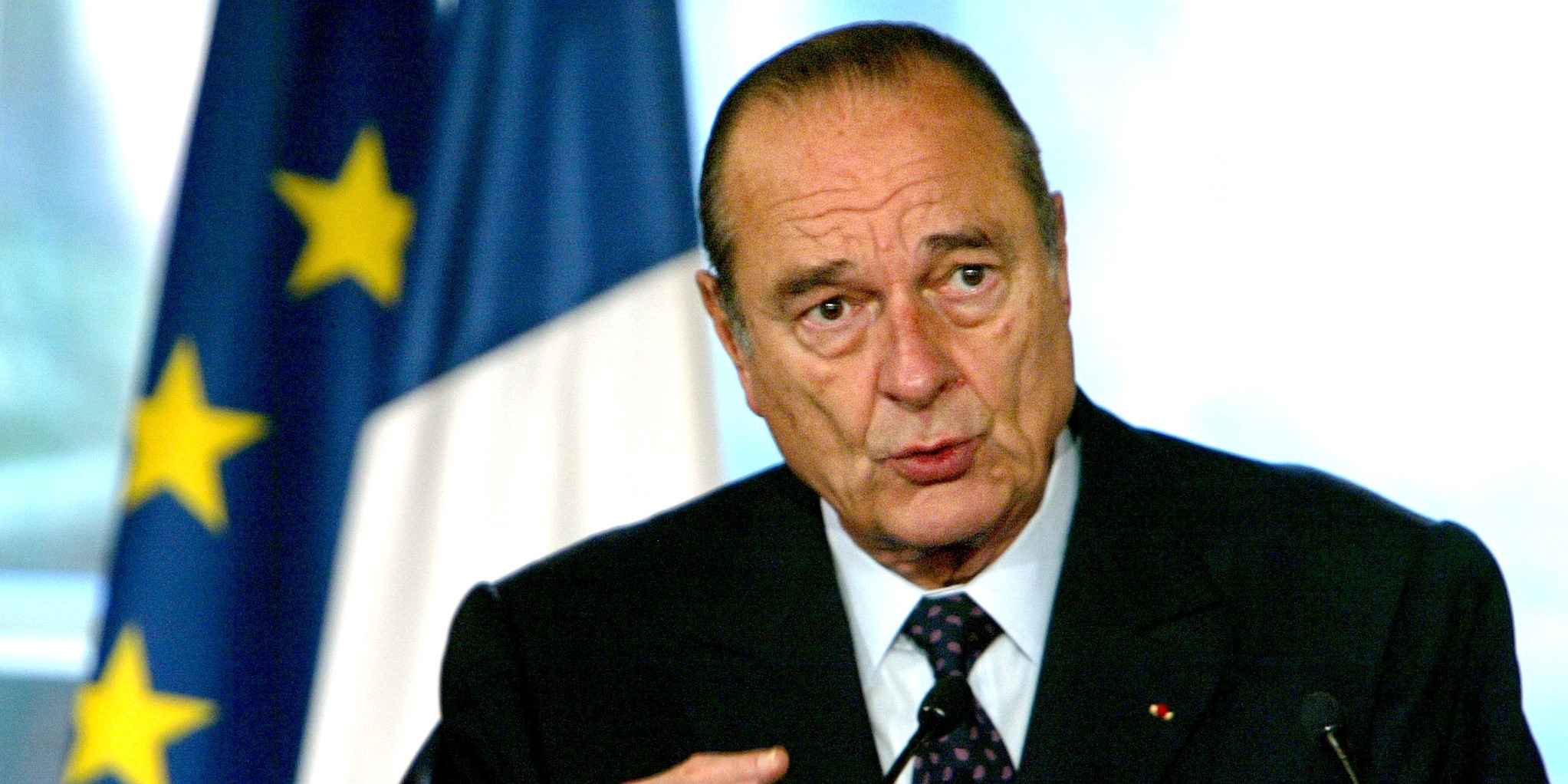INTERVIEW
"He was a man of peace but could be firm". Jean-Marc de la Sablière was the sherpa and the diplomatic advisor to Jacques Chirac, between 2000 and 2005. In the backstage of the international scene, the advisor returned to the microphone of Europe 1 Fabienne Le Moal, on the main lines of the foreign policy of the former president.
"He had his outspokenness but he was a man of dialogue", evokes the former Sherpa. "Sometimes, he could go into force, in some international summits, he defended the interests of France"
No to the war in Iraq
In 2002, Jacques Chirac refused to involve French troops in the war in Iraq. A historic decision, which remains today a strong memory of Jean-Marc de la Sablière. "On the war in Iraq, there was an agreement to solve the problem by a peaceful way," recalls the councilor. "When the Americans wanted to go to war, he said 'no, we will implement the resolutions and we will not legitimize an illegitimate war'."
To read also - Chirac: the actions that History will remember
In this hot issue, Jaques Chirac had the consent of the international community, according to the former Sherpa: "He had close relations with Schröder, Vladimir Putin or China."
Worried about fundamentalism
Another reason for this rejection of the war in Iraq was also the consequences. "In a conversation with George Bush, he had warned him about the consequences of this war: the rise of terrorism and fundamentalism."
Jean-Marc de la Sablière also evokes the memory of September 11, 2001. "He was attentive to amalgam," says the former Sherpa. "He did not want us to blame the Muslim world or the Arab world in general for this tragedy."
His past as a lieutenant during the war in Algeria had, according to the former advisor, an influence in his international action. "He was very attentive to bloodshed, and that's because he saw young people die around him."

